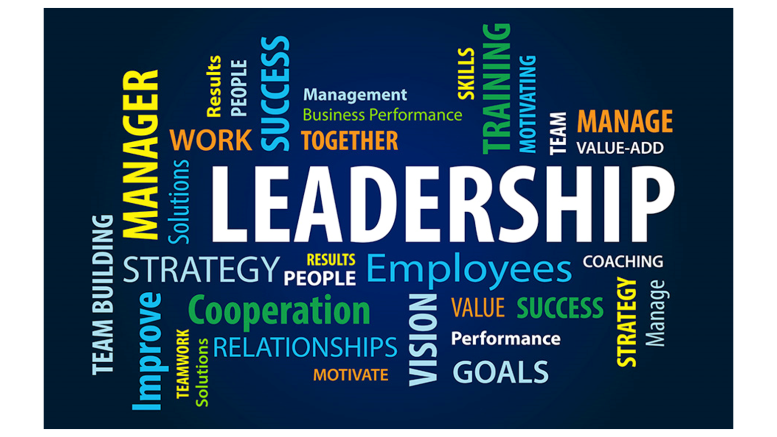In the fast-paced and complex world of executive leadership, the ability to understand and manage oneself is not just an advantage but a necessity. Self-awareness, the conscious knowledge of one’s own character, feelings, motives, and desires, is the cornerstone of effective leadership. It enables leaders to navigate the multifaceted challenges of their roles with clarity and purpose. Here, we explore the top four reasons why self-awareness is crucial for executive leaders, discuss the importance of raising self-awareness levels, and illustrate how it distinguishes exceptional leaders from the rest.
- Enhancing Emotional Intelligence
EI is the ability to recognise, understand, and manage our own emotions, as well as to recognise, understand, and influence the emotions of others. Self-awareness is the foundational component of EI. Without a deep understanding of one’s own emotions and reactions, it is impossible to effectively manage them or to empathise with others.
For executive leaders, high emotional intelligence is indispensable. It facilitates better decision-making, improves interpersonal relationships, and fosters a positive organisational culture. Self-aware leaders are adept at recognising their emotional triggers and can regulate their responses to avoid unproductive outbursts or decisions made in the heat of the moment. They are also better equipped to understand and address the emotional needs of their teams, leading to higher morale and productivity.
- Identifying and Mitigating Unconscious Bias
Unconscious biases are automatic, mental shortcuts used to process information and make decisions quickly. These biases can influence hiring decisions, team dynamics, and strategic choices, often in ways that are detrimental to diversity and inclusion efforts.
Self-awareness allows leaders to identify their own unconscious biases and take steps to mitigate their impact. By acknowledging and addressing these biases, leaders can make more objective decisions, foster a more inclusive workplace, and leverage the diverse talents and perspectives within their organisations. This not only enhances the organisation’s performance but also strengthens its reputation and ability to attract top talent.
- Improving Communication and Nurturing Relationships
Effective communication is a hallmark of great leadership. Self-aware leaders are better communicators because they understand how their words and actions are perceived by others. They can tailor their communication style to fit the needs of their audience, ensuring that their messages are clear, respectful, and impactful.
Self-awareness also enhances leaders’ ability to build strong relationships. By understanding their own strengths and weaknesses, leaders can more authentically connect with others, fostering trust and collaboration. They are also more open to feedback, seeing it as an opportunity for growth rather than a threat. This openness creates a culture of continuous improvement and innovation within the organisation.
- Facilitating Growth
Continuous growth (personal and professional) and development are vital for leaders to remain effective in their roles. Self-awareness is the bedrock of personal and professional growth. It enables leaders to accurately assess their capabilities, set realistic goals, and seek out opportunities for learning and improvement.
Leaders who are committed to self-awareness are more likely to engage in reflective practices, such as journaling, seeking feedback, and engaging in coaching or mentoring relationships. These practices help leaders to gain deeper insights into their behaviour and its impact, allowing them to make intentional changes and improvements. This commitment to growth not only enhances their leadership effectiveness but also sets a powerful example for their teams.
Few methods to raise the level of Self-Awareness
Raising self-awareness is an ongoing process that requires intentional effort and practice. Here are some strategies that executive leaders can employ to enhance their self-awareness —
Reflective Practices: Regularly setting aside time for reflection can help leaders gain deeper insights into their thoughts, emotions, and behaviors. Journaling, mindfulness meditation, and reflective questioning are effective practices.
Seeking Feedback: Actively seeking feedback from peers, mentors, and team members can provide valuable perspectives on how one’s actions and behaviors are perceived by others. Constructive feedback is a powerful tool for growth.
Engaging in Coaching: Working with an executive coach can provide a structured and supportive environment for exploring and enhancing self-awareness. Coaches can help leaders to identify blind spots, challenge assumptions, and develop new strategies for personal and professional growth.
Continuous Learning: Committing to lifelong learning through reading, attending workshops, and participating in professional development programs can expand leaders’ knowledge and self-awareness.
How does this help distinguish Exceptional Leaders?
Self-awareness is a distinguishing factor that sets exceptional leaders apart from their peers. Leaders who are deeply self-aware are more adaptable, resilient, and empathetic. They are able to navigate complex and ambiguous situations with confidence and clarity, making decisions that are informed by a deep understanding of themselves and the broader context.
Moreover, self-aware leaders inspire trust and loyalty in their teams. Their authenticity and openness create a culture where people feel valued and empowered to contribute their best. This, in turn, drives organisational success and sustainability. By actively working to raise their levels of self-awareness, leaders can differentiate themselves and drive their organisations to new heights of success. I am just about to complete my PCC journey from ICF and as a Coach, I am open to discovery call if you are looking at getting a professional coach for any area in your life or to become a better version of yourself.
The views and opinions published here belong to the author and do not necessarily reflect the views and opinions of the publisher.



Be the first to comment on "The Importance of Self-Awareness in Executive Leadership"